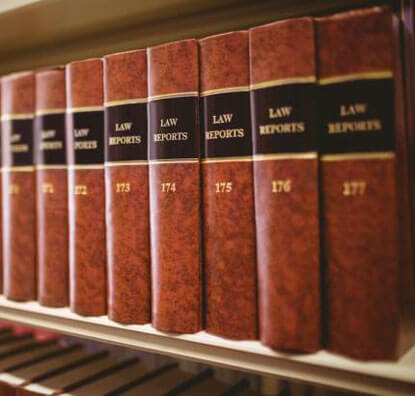In a notable ruling, the U.S. Supreme Court declared by a 6-3 majority on Tuesday that state courts possess the authority to review congressional maps created by state legislatures. The decision rejects the “independent state legislature” theory, which argued that state legislatures possess exclusive power to regulate congressional elections without being subject to state court review.
The independent state legislature theory finds its basis in the elections clause outlined in Article I of the Constitution. This clause stipulates that “the times, places, and manner of holding elections for senators and representatives shall be prescribed in each state by the legislature thereof.”
The Supreme Court, however, concluded that the elections clause does not grant state legislatures the autonomy to establish congressional districts independently of state constitutional requirements. Chief Justice Roberts, authoring the majority decision, cautioned that state courts must not exceed the boundaries of judicial review and infringe upon the power vested in state legislatures to regulate federal elections.
The case that prompted the Supreme Court’s ruling involved North Carolina’s congressional maps, which Republican state lawmakers supported. Chief Justice Roberts’ opinion was joined by Justices Sonia Sotomayor, Elena Kagan, Brett Kavanaugh, Amy Coney Barrett, and Ketanji Brown Jackson, while Justices Clarence Thomas, Neil Gorsuch, and Samuel Alito dissented.
Chief Justice Roberts addressed the dissenters’ arguments within the opinion, highlighting that both the legislative defendants and the dissent ignored precedent and failed to acknowledge that legislatures are subject to the provisions of the very documents that give them existence.
The Supreme Court agreed to hear the case following a decision by the North Carolina Supreme Court in February 2022, which ruled that the GOP-controlled legislature’s federal congressional and state legislative maps constituted partisan gerrymandering in violation of the state constitution. However, the state supreme court later reversed its stance in April, deeming partisan gerrymandering by the legislature as nonjusticiable and beyond the purview of the courts. Notably, the North Carolina Supreme Court did not reinstate the maps endorsed by GOP lawmakers.
The Supreme Court’s involvement in the case stemmed from the ongoing dispute regarding the matter. The American Bar Association (ABA) welcomed the Supreme Court’s decision. ABA President Deborah Enix-Ross emphasized that the independent state legislature theory would have given state lawmakers unchecked power over federal elections. The ABA contends that the elections clause does not grant state legislatures exclusive and independent authority to establish rules for federal elections, asserting the significance of free and fair elections and judicial review as essential pillars of democracy.
Numerous liberal groups praised the Supreme Court’s rejection of the “fringe” and “radical” independent state legislature theory. However, Rick Hasen, a professor at the University of California, Los Angeles School of Law, described the Supreme Court’s ruling as a compromise. Hasen noted that the Supreme Court dismissed the maximalist position advocated by North Carolina Republican lawmakers, who argued that state legislatures possess unbounded power in federal elections, subject only to federal constitutional limits. Instead, the Supreme Court determined that the independent state legislature theory allows federal courts, including the U.S. Supreme Court, to scrutinize interpretations of state statutes by state courts in federal election disputes. Consequently, the Supreme Court retains the authority to interpret state law in the midst of an election dispute, although Hasen deemed this outcome unfavorable.
The Supreme Court’s 6-3 ruling affirms that state courts possess the power to review congressional maps established by state legislatures, rejecting the independent state legislature theory. While state courts are granted this reviewing authority, they must still adhere to the boundaries of judicial review and not infringe upon the state legislatures’ power to regulate federal elections. This decision has significant implications for future elections and reinforces the role of judicial review and the integrity of democratic processes in the United States.
Don’t be a silent ninja! Let us know your thoughts in the comment section below.





































